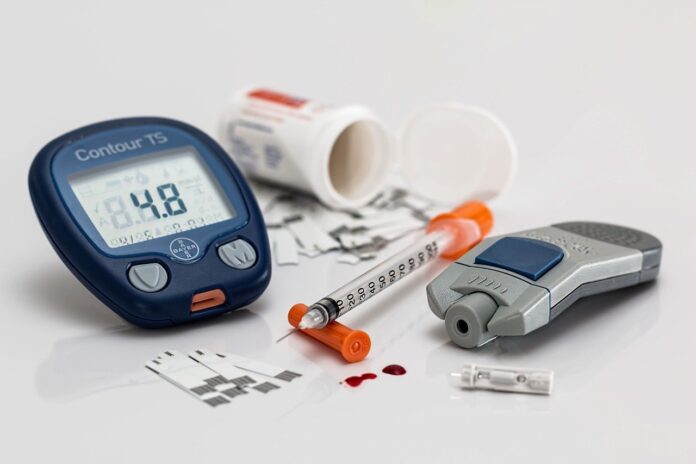Last Updated on October 22, 2020
Type 2 diabetes is a growing epidemic that has reached alarming proportions worldwide. The fact that a preventable and easily manageable condition is among the leading causes of death is unbelievable. It’s time to stop this disease and re-educate people about the importance of a healthy lifestyle.
It seems that the pace of modern life has made people forget about the role that a healthy, balanced diet and regular physical activity plays in their overall health and life expectancy. It’s worth remembering that a healthy lifestyle prevents not only type 2 diabetes, but also a series of other conditions that also lead to dangerous complications.
In this article, we will tell you everything you need to know about type 2 diabetes. This is the first step towards preventing the complications that can arise from this condition.
1. What is type 2 diabetes
Even if you think you know nothing about this chronic condition, you have probably heard of it a few times. And if you did, you at least know that type 2 diabetes is somehow related to the insulin hormone and high blood sugar level. So you do know a few things, after all.
Here’s a very simple explanation of how these concepts relate to each other: Insulin is a hormone produced in the pancreas that helps move glucose (sugar) from your blood into your cells, where it is later transformed into energy to be used by other parts of your body.
This process prevents your blood sugar level from getting either too high or too low.
The cells of type 2 diabetes patients don’t respond to this hormone as efficiently as they should, so glucose builds up in their bloodstream – in later stages, the organism may also not produce enough insulin. When the high blood sugar level is exclusively caused by the incapacity of the pancreas to produce enough insulin, it is called type 1 diabetes. Type 2 diabetes symptoms include fatigue, weight loss, lack of energy, constant hunger, frequent urination, excessive thirst, dry mouth, blurry vision, and skin problems.

































